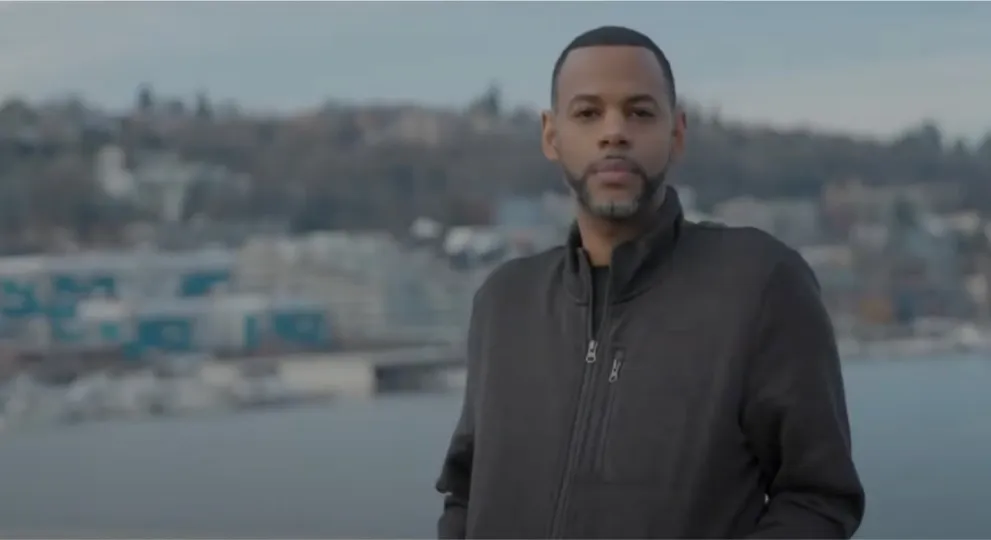Beyond Prostate Cancer—Underserved Populations
Beyond prostate cancer
—underserved populations
Beyond prostate cancer
—underserved populations
[Danté] Some groups are at more higher risk for certain types of cancers, for example prostate cancer. African American men themselves are 1.7 times more higher to get prostate cancer and about 2.2 times more higher to die from prostate cancer.
Some of the challenges with the underserved communities we have is that there’s lack of access to care, for example, or patients don’t find many doctors that may look like them, there’s cultural differences, language barriers, or they don’t have the opportunity to talk with their providers.
[Jack] I participate in a men’s support group. And learning how to advocate for other men is important.
[Frank] We can talk to each other, and we get answers back from everybody with experience, and you can pour your heart out.
[Chris] Once you start to socialize and share with others, what you’re going through, you’ll be surprised of the network of resources that are available.
[Danté] One story that comes to mind that resonates with me, and it happened quite recently…
…a gentleman, he was about 50 years old, African American gentleman, and he says ‘what do you do?’ and I said ‘oh, I do cancer research.’
He said ‘oh, I was just diagnosed with prostate cancer two months ago. And my brother had it, my father had it, they passed away from it, and I wish that I had taken steps sooner at a younger age. I want to make sure that I can tell my kids about it.’ And it was just a heartbreaking story because he never had the resources growing up. And he said it was important to reach other African American men about prostate cancer.
[Dr. Lee] And so, to be able to create that alliance is actually the most important thing. And really building from that to establish a level of trust where the patient can tell you things that maybe they wouldn’t tell others that they’re not as comfortable with. I think that that’s critical to ensuring that they get the best quality of care possible.
[Danté] We want to give people the confidence that when you do see your provider, that you have that conversation about PSA testing, or that you have that conversation about cancer screenings, or you ask those questions.
Learn about how some men are at a greater risk for certain types of cancers, and the challenges some communities may face.










